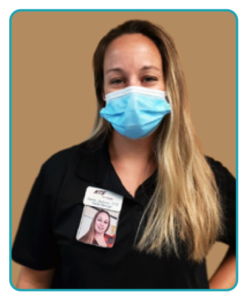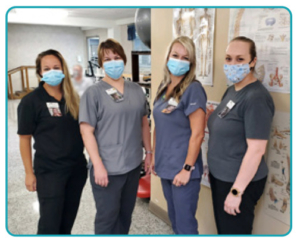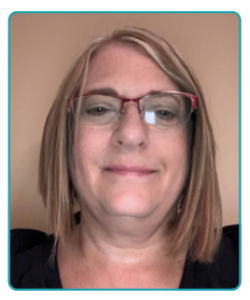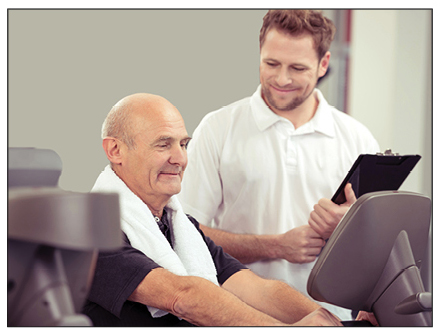Blog by: Shelly Maffia, MSN, MBA, RN, LNHA, QCP, CHC, Director of Regulatory Services, Proactive Medical Review
On 08/17/2020 CMS announced that they are revising guidance on the expansion of survey activities to authorize onsite revisits and other surveys, and guidance was provided to State Survey Agencies (SA) on resolving previously “on hold” enforcement cases. A temporary expansion to the desk review policy was also announced.
Background & Recent Updates
On June 1, 2020 CMS issued survey reprioritization guidance to transition States to more routine oversight and survey activities once a State has entered Phase 3 of the Nursing Home Reopening Guidance. At that time, states were authorized to expand beyond conducting only IJ, Focused Infection Control, and Initial Certification survey, and were permitted to resume the following types of surveys, at the state’s discretion:
- Complaint investigations that are triaged as Non-Immediate Jeopardy-High;
- Revisit surveys of any facility with removed Immediate Jeopardy (but still out of compliance);
- Special Focus Facility and Special Focus Facility Candidate recertification surveys; and
- Nursing home and Intermediate Care Facility for Individuals with Intellectual Disabilities (ICF/IID) recertification surveys in facilities where it has been over 15 months since the last standard survey.
Click here to continue reading this blog.
About Proactive Medical Review
HTS partners with Proactive Medical Review, a third party company who specializes in ensuring compliance with regulatory standards and promoting measurable care excellence. The team includes SNF experienced nurse, MDS, Health Facility Administrator, therapist and reimbursement specialists with experience serving in multi-site contract therapy operations, as corporate directors of quality, clinical program specialists, and Compliance Officers. Proactive is uniquely positioned to assist in managing the many changes and challenges facing providers partnered with HTS. Learn more about our commitment to compliance here.









